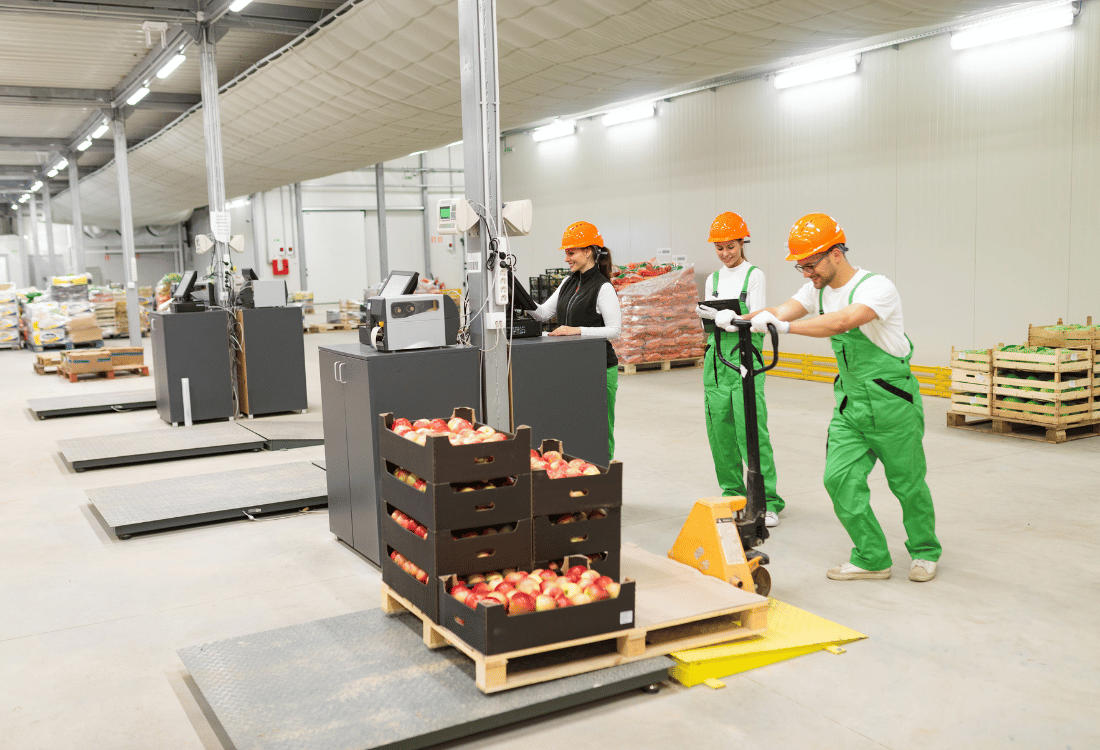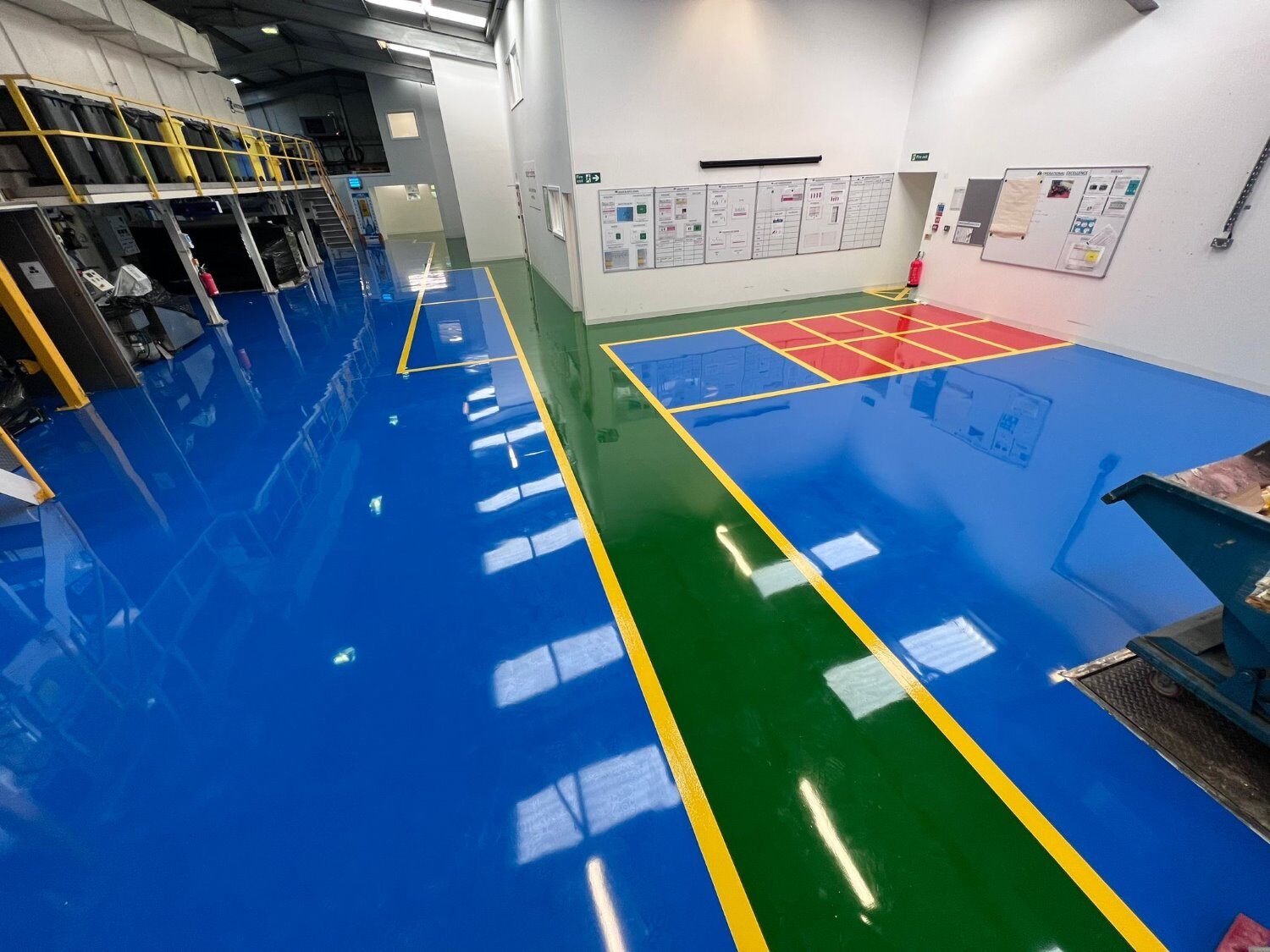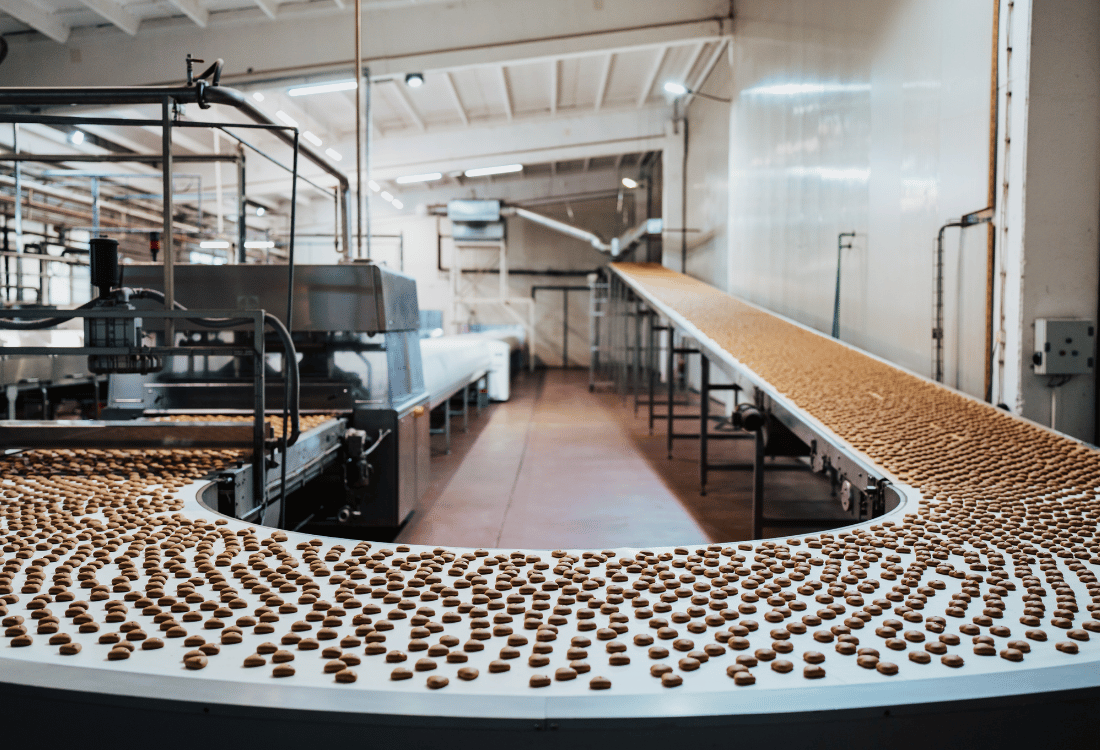From Resin To Epoxy: Healthcare Flooring Options You Should Consider
In healthcare environments such as hospitals, clinics, care homes and similar, flooring is far more than just a design feature. Flooring needs to adhere to strict hygiene guidelines and be suited to the demands and rigours of this specialised environment. The right kind of flooring can promote operational efficiency, allowing for easy cleaning and maintenance, as well as providing the right level of durability and return on investment.
Healthcare flooring options should also ideally be low noise and provide comfort underfoot, for both patients and operatives who may be on their feet for long periods. Anti-static flooring can also help to protect electrical equipment and contribute to an overall happier and healthier environment.
So, what are the best hygienic flooring choices for healthcare environments? And how do you know which option is the most suitable for your space? This article aims to make clear your hygienic, versatile and durable flooring options.
Epoxy
Epoxy flooring offers durability, sterility, safety and aesthetics across healthcare environments, from treatment areas to ward spaces to operating rooms. The high level of chemical resistance offered by resin flooring, combined with anti-slip properties and resistance to bacteria, mould, and mildew means that hygiene standards are easily maintained through effective cleaning. The seamless surface has no joints, which prevents bacterial growth and ensures a clean and long-lasting floor. Epoxy also provides an excellent return on investment, outlasting other types of flooring while maintaining its clean and smooth appearance over time.
Hygienic Resin Flooring
Specialist hygienic resin flooring allows you to prioritise cleanliness and infection control. Like regular resin flooring, its seamless, non-porous surface prevents bacteria growth. This makes it ideal for high-traffic healthcare areas and spaces where high levels of cleanliness are required.
Slip Resistant Resin Flooring
It’s not just hygiene requirements that are important in healthcare environments. Slip-resistant resin flooring can also help to improve safety for all service users and operatives. Non-slip flooring prevents accidents and ensures the safety of patients and staff by providing a more stable floor surface, even in areas where spillages or other hazards can be an issue.
Anti-Static Flooring
In facilities that operate sensitive electronic equipment, static charge can build up on the floor, discharge and cause damage. However, it is possible to protect equipment and patients from static discharge using a range of anti-static flooring options. This is flooring designed to either prevent charge build-up or allow for the safe release of charge through grounding measures built into the floor.
Polyurethane Resin
Polyurethane resin is another top flooring option for healthcare environments. Polyurethane floors are known for their slip resistance, reducing the risk of falls or slips. They are also available in a range of colours and finishes. This allows for customisation to suit different healthcare settings for floor demarcation and zoning, where required.
Download our free guide to all types of healthcare flooring, including resin, anti-static, non-slip and polyurethane options. Or you can get in touch with a member of our team to discuss your specific healthcare flooring requirements and get a quote for your project.
Image Source: CanvaYou May Also Like
These Related Stories

Do Your Food Manufacturing Warehouse Floors Meet The Standards?

Top 4 Benefits Of Resin Flooring For Healthcare Facilities


